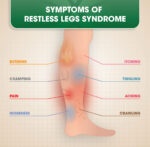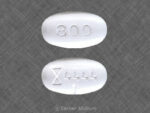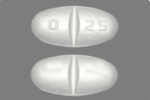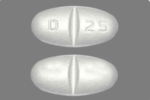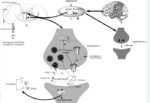OBJECTIVES:
The prevalence of insomnia is very high in our society. Although pharmacological treatment of insomnia is available, most hypnotics have been shown to alter sleep architecture and have many adverse effects. Gabapentin was originally designed for antiepileptic therapy; however, some studies reported that its use increases slow-wave sleep in healthy volunteers or patients. Our goal was to evaluate the benefits of gabapentin in the treatment of primary insomnia in patients.
METHODS:
Eighteen patients with primary insomnia participated in the study. They received gabapentin treatment for at least 4 weeks. All patients received polysomnography, a biochemical blood test, and neuropsychological tests before and after the treatment period. All measures were analyzed with Student t test to examine the treatment effects of gabapentin, except that the measures of heart rate variability were analyzed with analysis of variance.
RESULTS:
Polysomnographic study revealed increased sleep efficiency and slow-wave sleep, decreased wake after sleep onset, and spontaneous arousal index after gabapentin treatment. The biochemical blood test revealed decreased prolactin levels in the morning after treatment. Electroencephalographic power spectral analysis showed increased delta-2 and theta power in sleep stage 1 and decreased sigma activity power in sleep stages N2 and N3 after gabapentin treatment. Heart rate variability analyses also showed a significant increase in normalized high frequency percentage in sleep stages N2 and N3 and low frequency-high frequency ratio in sleep stage N2 after treatment. In addition, neuropsychological tests revealed the elevation of visual motor processing speed after gabapentin treatment.
CONCLUSIONS:
Gabapentin enhances slow-wave sleep in patients with primary insomnia. It also improves sleep quality by elevating sleep efficiency and decreasing spontaneous arousal. The results suggest that gabapentin may be beneficial in the treatment of primary insomnia.
Author information
- Department of Neurology and Sleep Center, Chung Shan Medical University and University Hospital, Tai-Chung, Taiwan.
Gabapentin for Sleep
Gabapentin (Neurontin) increases slow-wave sleep and is a safe, effective treatment for insomnia. It is a widely prescribed medication in neurology and psychiatry. In neurology, it is used for seizures, neuropathic pain, migraines, and restless legs syndrome. In psychiatry, it is used for insomnia, anxiety, and alcohol dependence. It is also helpful for hot flashes, fibromyalgia, and teeth-grinding.
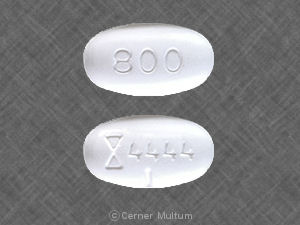
Benefits of Gabapentin
- It improves sleep quality by increasing slow-wave sleep
- It is not a controlled substance
- It does not cause respiratory depression
- It can be combined safely with alcohol
- It has a wide safety margin
- It is not metabolized by the liver (may need to be reduced with impaired kidney functioning)
- Few drug interactions
Hi. I’ve been prescribed Gabapentin 100mg 2 times daily in the past and again recently to no avail for sleep and anxiety, so I put them aside and gave up until recently after viewing other people’s comments I talked to my doctor about upping the dose as I saw that many people were on a much higher dose than I was.
He agreed knowing I have a high tolerance to most medications and preferred I use it instead of Xanax.
He told me to take 200mg 2 times a day and I I finally felt something that relaxed me but not so I could stay asleep at night, so again he upped my dose to 300mg 2 times daily. Now I am calm in the day and have no problem falling asleep after relaxing for a few hours before bed.
Also, I did not have any side effects at all using Gabapentin. Many comments posted say that it’s a matter of getting the right dosage for you and it seemed that was true in my case also. So any one out there struggling like I did, I suggest you don’t give up and talk to your doctor, you are not alone.
Pain Medications, Pain Relief, and Pain Management

